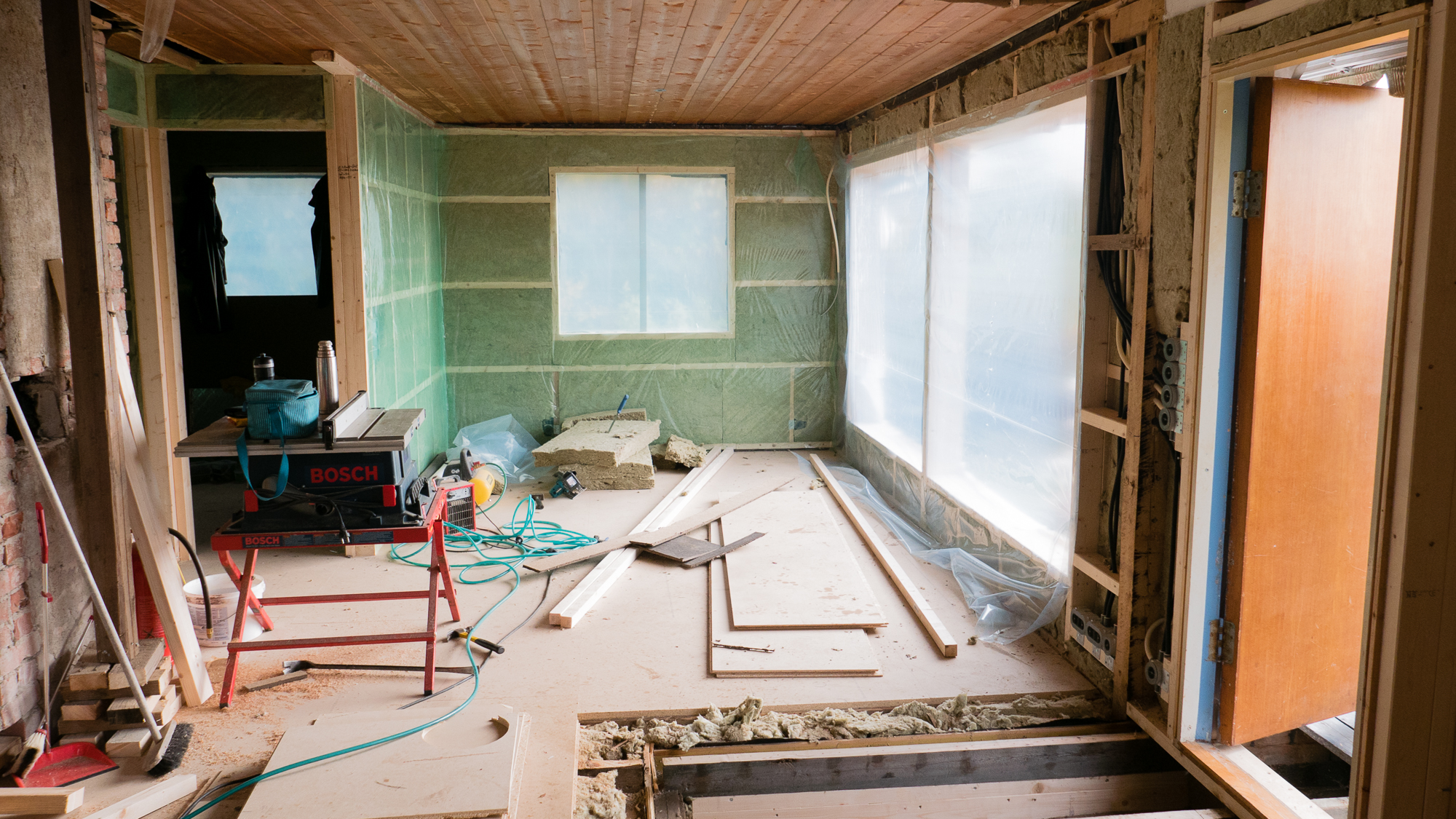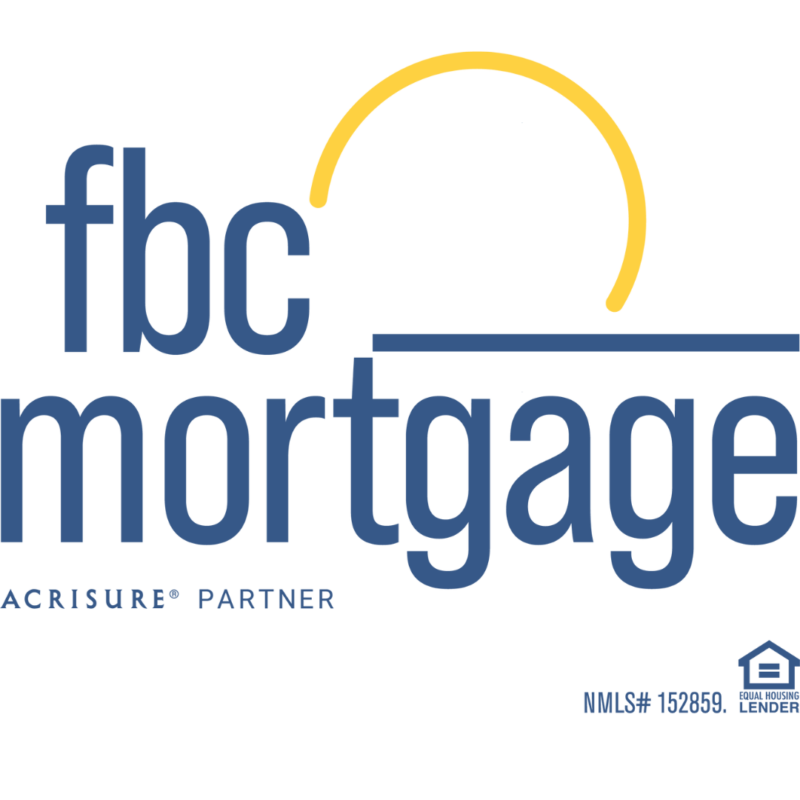Investing in real estate can be an excellent way for many people to create wealth when buying a home. But an often overlooked and equally important part of the equation is understanding when that investment begins to lose its value. As homeownership becomes more popular, it’s increasingly important to pay attention to what leads up to that point of depreciation – at what age does a house start losing value? Through careful consideration, you can ensure your new asset lasts your family well into the future. Read on as we explore this important topic!
Understand the Basics of Housing Value
Understanding the basics of housing value is essential for anyone looking to buy or sell a property. Various factors, such as location, neighborhood, square footage, and condition, determine a house’s value. It’s important to know the housing market trends in your area and to consider any upgrades or renovations you may need to make to increase your home’s value.
Additionally, working with a trusted real estate agent who can provide you with the best advice and offer comparable in your area is recommended. Whether you’re a first-time homebuyer or a seasoned investor, understanding the basics of housing value can help you make informed decisions and maximize your investment.
Identify Factors That Affect Home Values
The value of a home is not fixed and can be influenced by several factors. The property’s location is one of the most significant factors that affect home values. Homes in prime areas, such as those in desirable neighborhoods with access to good schools, shopping centers, and other essential amenities, tend to have higher values than those in less attractive areas.
Another critical factor that can affect a home’s value is its condition. Homes that are well-maintained and have modern upgrades and features typically have higher values than those that are poorly maintained or outdated. Other factors that can impact home values include:
- The size of the home.
- The age of the property.
- The local real estate market.
- The economic status of the area.
Ultimately, understanding the key factors that impact home values can help homeowners make informed decisions and maximize the value of their properties.
Determine When a House Starts Losing Value
One of the most important things to consider when buying a house is the potential for its value to decrease over time. While all homes will inevitably lose some value, it’s important to determine when a place starts losing value faster. Factors contributing to this include the age of the house, its location, and any major repairs or renovations that will need to be made shortly.
For example, if a home is located in a neighborhood undergoing significant changes, such as the construction of a new highway nearby or a major commercial development breaking ground, this could cause the home’s value to decrease more quickly than in other areas. It’s important to consider these factors and do your research before making a purchase to ensure that you’re investing in a home that will hold its value over time.
Consider Maintenance and Repairs to Protect Home Value
When it comes to maintaining and repairing your home, viewing it as an investment rather than just a place to reside is important. By regularly upkeeping your property, you’re not only keeping it aesthetically pleasing, but you’re also protecting its value. Consider this: Would you let your car go without an oil change or routine maintenance?
The same applies to your home. Paying attention to small repairs and maintenance tasks can lead to more extensive and more costly issues down the line. So, by making regular home maintenance a priority, you’ll save money and ensure that your home retains its value for years to come.
Explore Strategies to Increase Home Value Over Time
As homeowners, it’s natural to want to increase the value of our homes over time. After all, our homes are not only where we live and make memories but also long-term investments. Fortunately, several strategies can help you boost your home’s value. One effective way to do this is by keeping it well-maintained and up-to-date. Regular maintenance tasks, such as cleaning gutters, replacing worn-out flooring, and repainting faded walls, can go a long way in preserving and enhancing your home’s aesthetic appeal.
Another strategy is to increase your home’s curb appeal. This can be achieved by landscaping, repainting the front door, and ensuring the house’s exterior is clean and well-lit. Upgrading key features such as the kitchen or bathroom can add value to your home. By carefully considering these strategies and taking action, you can ensure that your home remains valuable for years.
Conclusion
Understanding all aspects of your property is essential if you’re planning for retirement years or looking to maximize value if you decide to move. Our findings have revealed a great deal of information on when a house begins to lose value, from the damage caused by aging to depreciation as newly built homes enter the market.
Although age can significantly affect how much a home is worth, it’s not the only consideration. Other external factors such as location, upkeep, home features, and even current trends and market conditions can also directly impact its value. Therefore, assessing the overall situation of your home for any areas that may need improvements or repairs is key when determining which parts of your home may be impacting its overall value, in addition to offering ways to increase equity and raise your home’s resale price tag.




